-
Comprehensive Review: Covers key psychiatric and mental health nursing topics, including therapeutic communication and crisis intervention.
-
60 Practice Questions: Exam-style questions with detailed rationales to enhance understanding.
-
Updated for 2025: Aligned with the latest exam standards.
Boost your confidence and knowledge in psychiatric nursing with this essential resource from ExamsHut.com!
Preview
Which technique will best communicate to a patient that the nurse is interested in
listening?
a. Restating a feeling or thought the patient has expressed.
b. Asking a direct question, such as “Did you feel angry?”
c. Making a judgment about the patient’s problem.
d. Saying, “I understand what you’re saying.” – – correct ans- -ANS: A
Restating allows the patient to validate the nurse’s understanding of what has been
communicated. Restating is an active listening technique. Judgments should be
suspended in a nurse-patient relationship. Close-ended questions such as “Did you feel
angry?” ask for specific information rather than showing understanding. When the nurse
simply states that he or she understands the patient’s words, the patient has no way of
measuring the understanding.
A patient discloses several concerns and associated feelings. If the nurse wants to seek
clarification, which comment would be appropriate?
a. “What are the common elements here?”
b. “Tell me again about your experiences.”
c. “Am I correct in understanding that . . .”
d. “Tell me everything from the beginning.” – – correct ans- -ANS: C
Asking, “Am I correct in understanding that…” permits clarification to ensure that both the
nurse and patient share mutual understanding of the communication. Asking about
common elements encourages comparison rather than clarification. The remaining
responses are implied questions that suggest the nurse was not listening.
A patient tells the nurse, “I don’t think I’ll ever get out of here.” Select the nurse’s most
therapeutic response.
a. “Don’t talk that way. Of course you will leave here!”
b. “Keep up the good work, and you certainly will.”
c. “You don’t think you’re making progress?”
d. “Everyone feels that way sometimes.” – – correct ans- -ANS: C
By asking if the patient does not believe that progress has been made, the nurse is
reflecting by putting into words what the patient is hinting. By making communication more
explicit, issues are easier to identify and resolve. The remaining options are non
therapeutic techniques. Telling the patient not to “talk that way” is disapproving. Saying
that everyone feels that way at times minimizes feelings. Telling the patient that good work
will always result in success is falsely reassuring.




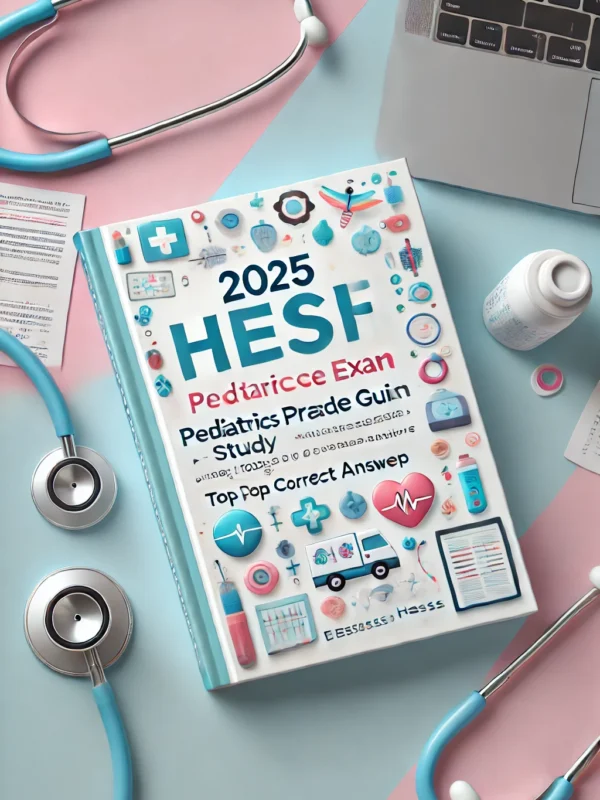
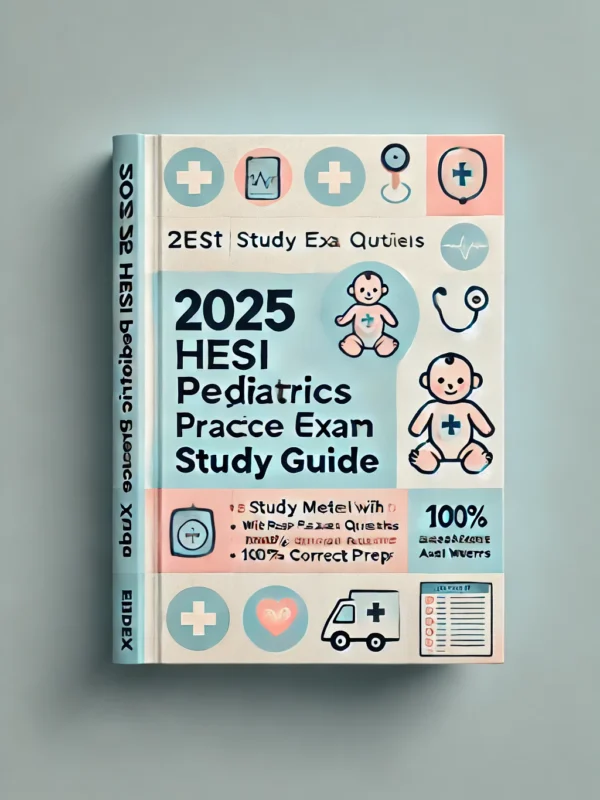
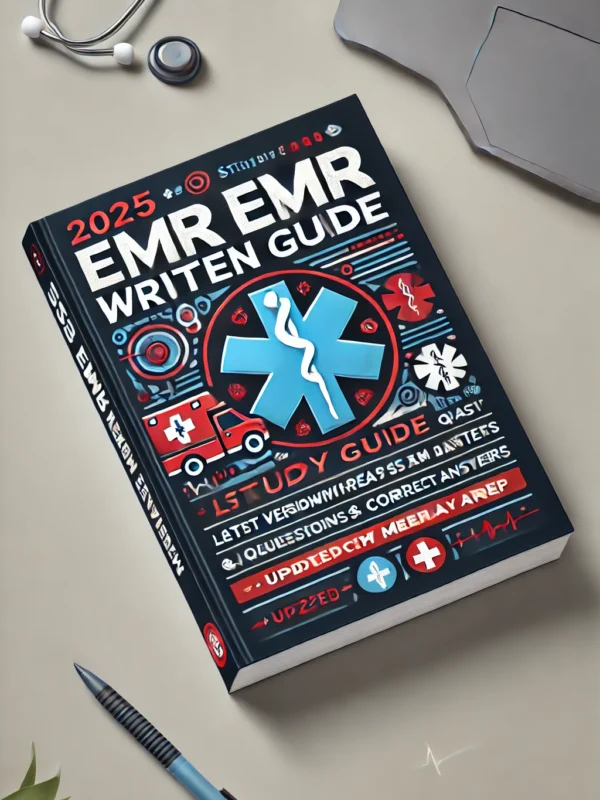
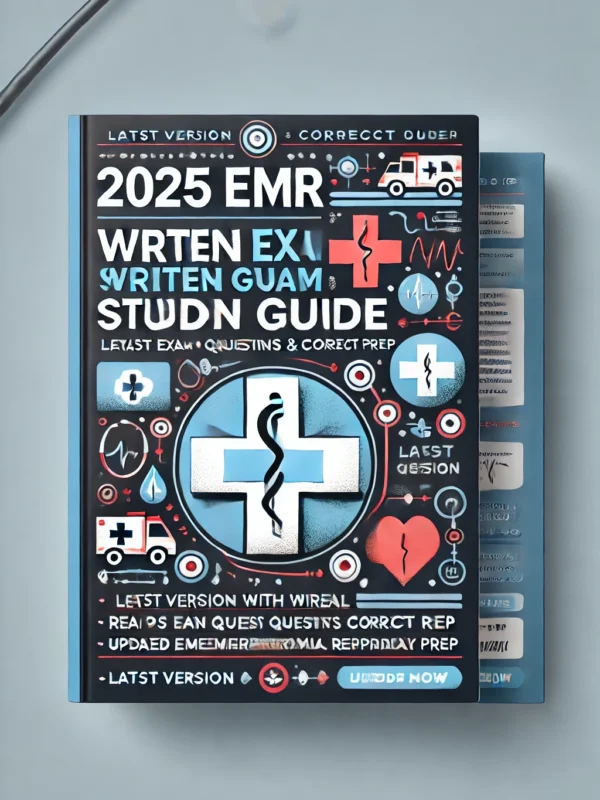
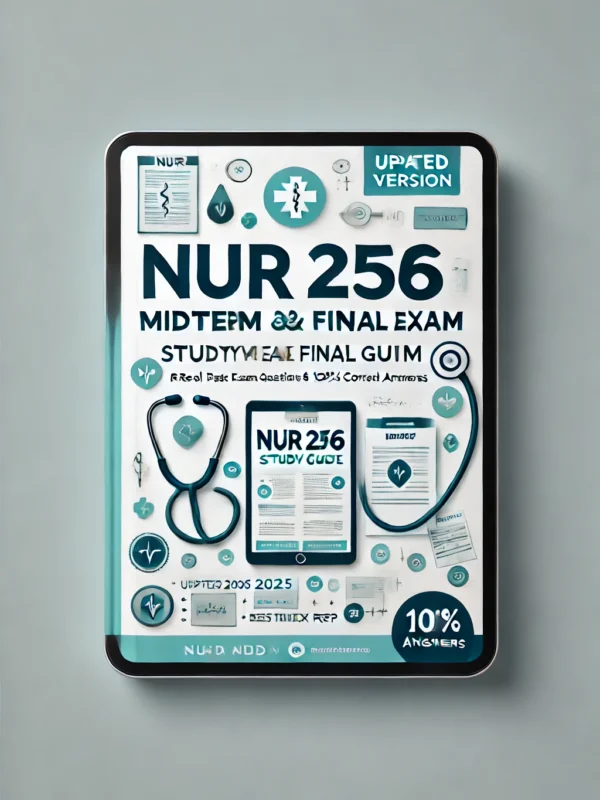
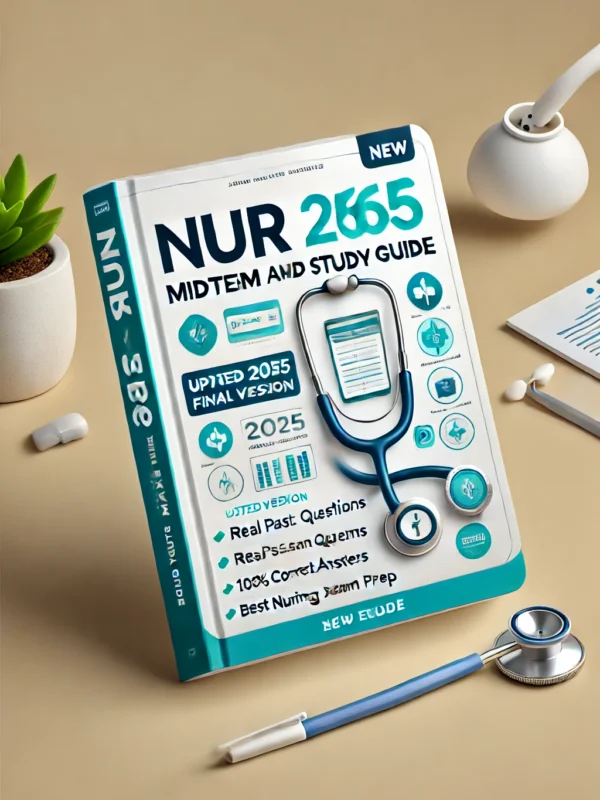
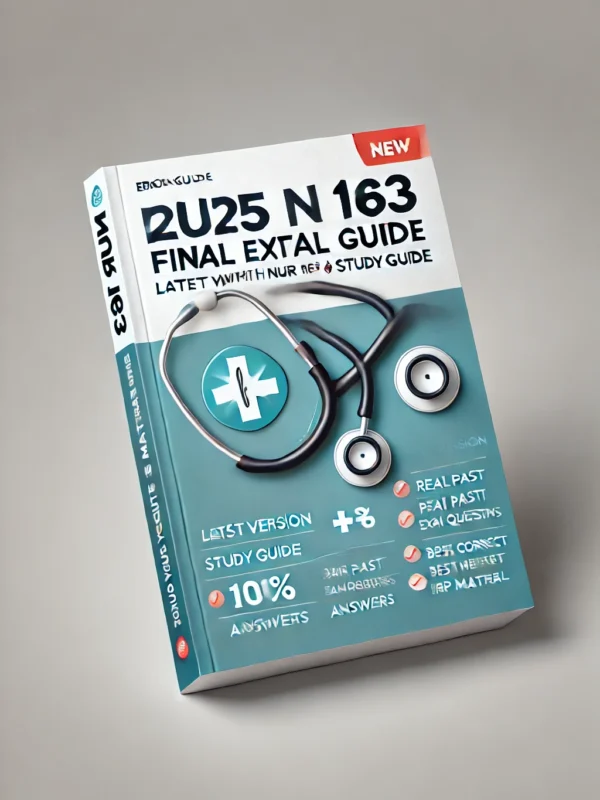
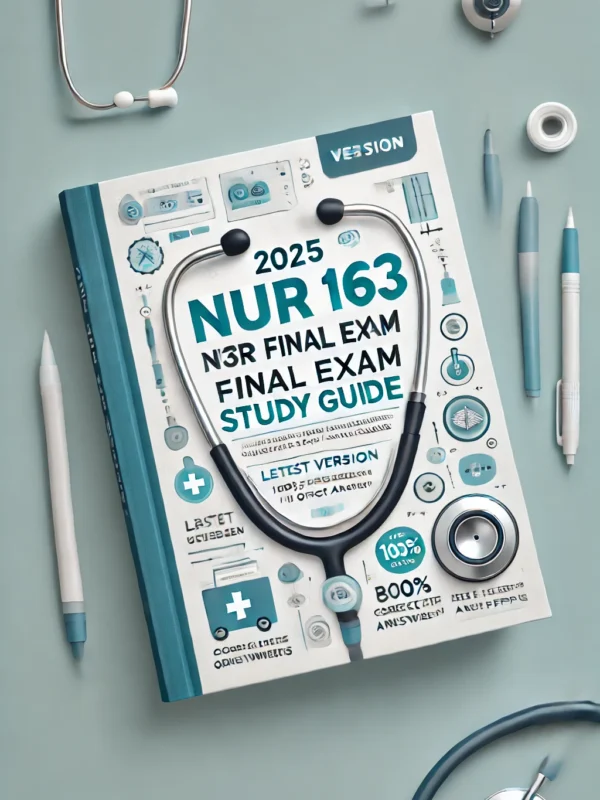
Reviews
There are no reviews yet.